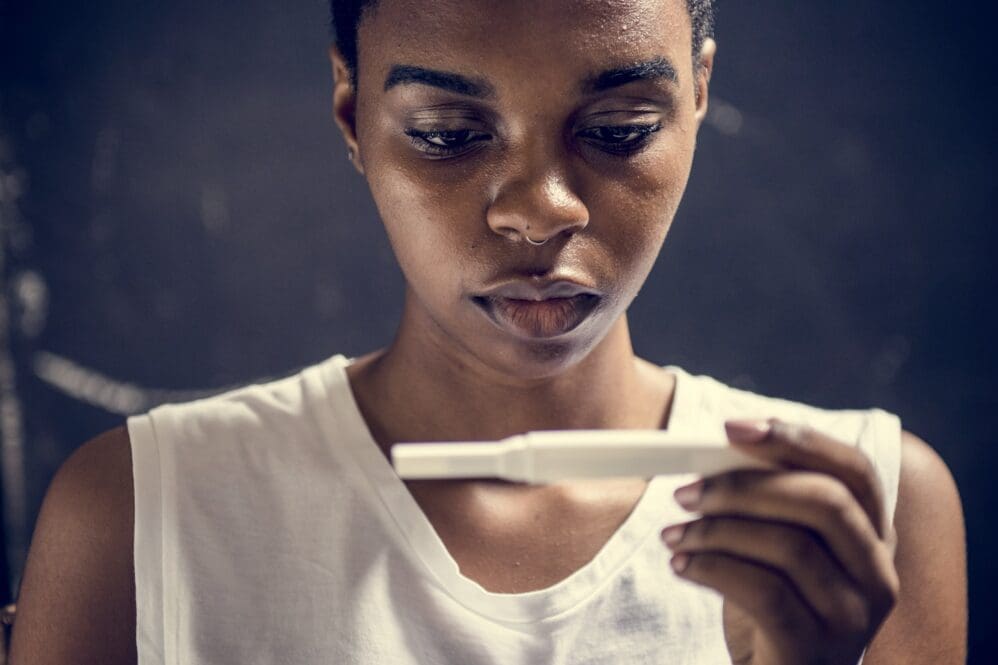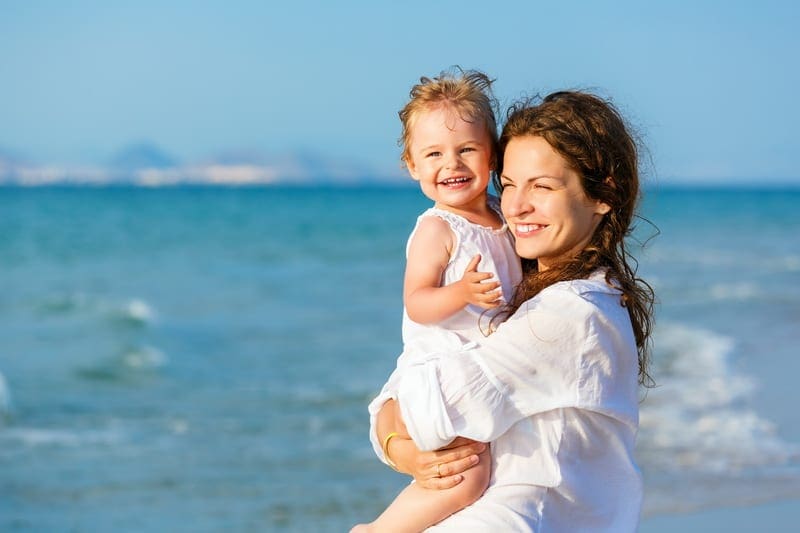Jamaica’s teenage pregnancy epidemic is one of the country’s most pressing issues. Some 20% of Jamaican women have been pregnant by the age of 20, and 48% of males 15–19 years of age do not use condoms with their regular sexual partner. 41% of Jamaican teenagers do not use condoms with a non-regular partner, putting them at risk for pregnancy and STDs. The high rates of teenage pregnancy in Jamaica are hidden beneath many layers of denial, ignorance, and social and cultural misinformation. It is time for the country to face this issue head-on and take steps to reduce the number of teenage pregnancies.
Jamaica’s economy has seen little growth in recent decades, with most of the money that does come into the country going towards the budget deficit. This has left many programs, including social assistance programs that would educate young people about sexuality and pregnancy, suffering.
60% of females say they do not use condoms with their regular partner and 46% say they do not use one with their non-regular partner. The boys claim they don’t like male condoms, but they are the only form of contraception boys can use. The girls claim they’re not even aware of the existence of female condoms, which are less likely to cause interruptions during sex.
Jamaica’s teenage pregnancy problem cannot be solved solely with social programs and budget adjustments. Cultural beliefs in Jamaica also play a significant role in contributing to this issue. Many women see motherhood as a form of status and identity and also a way to eradicate any suspicion of infertility. In Jamaica, many girls are receiving conflicting messages. The culture seems to accept teenage pregnancy, but the country has a strong Christian influence that teaches premarital sex is wrong. This conflict creates additional stress for Jamaican teenage girls who are already struggling with poverty, poor access to education, and a lack of role models. While there are many factors at play, it is clear that Jamaica’s teenage pregnancy epidemic is a complex problem that requires a multifaceted approach.
Christianity has traditionally placed a sexual taboo on girls and their sexuality. This “abstinence only” policy contributes to the lack of information readily available about sexuality, maturation, contraception, or intercourse. As a result, adolescents aren’t given the information they need to make informed decisions about their sexual activity. This contributes to the high teen pregnancy rates in many Christian communities.
There are many myths about sex and contraception in Jamaican society. Many girls believe that douching with Pepsi after intercourse or having sex in the ocean will prevent pregnancy. These myths are often relied upon instead of medical facts, and they contribute to the country-wide ignorance adolescents face in regard to intercourse and teen pregnancy.











